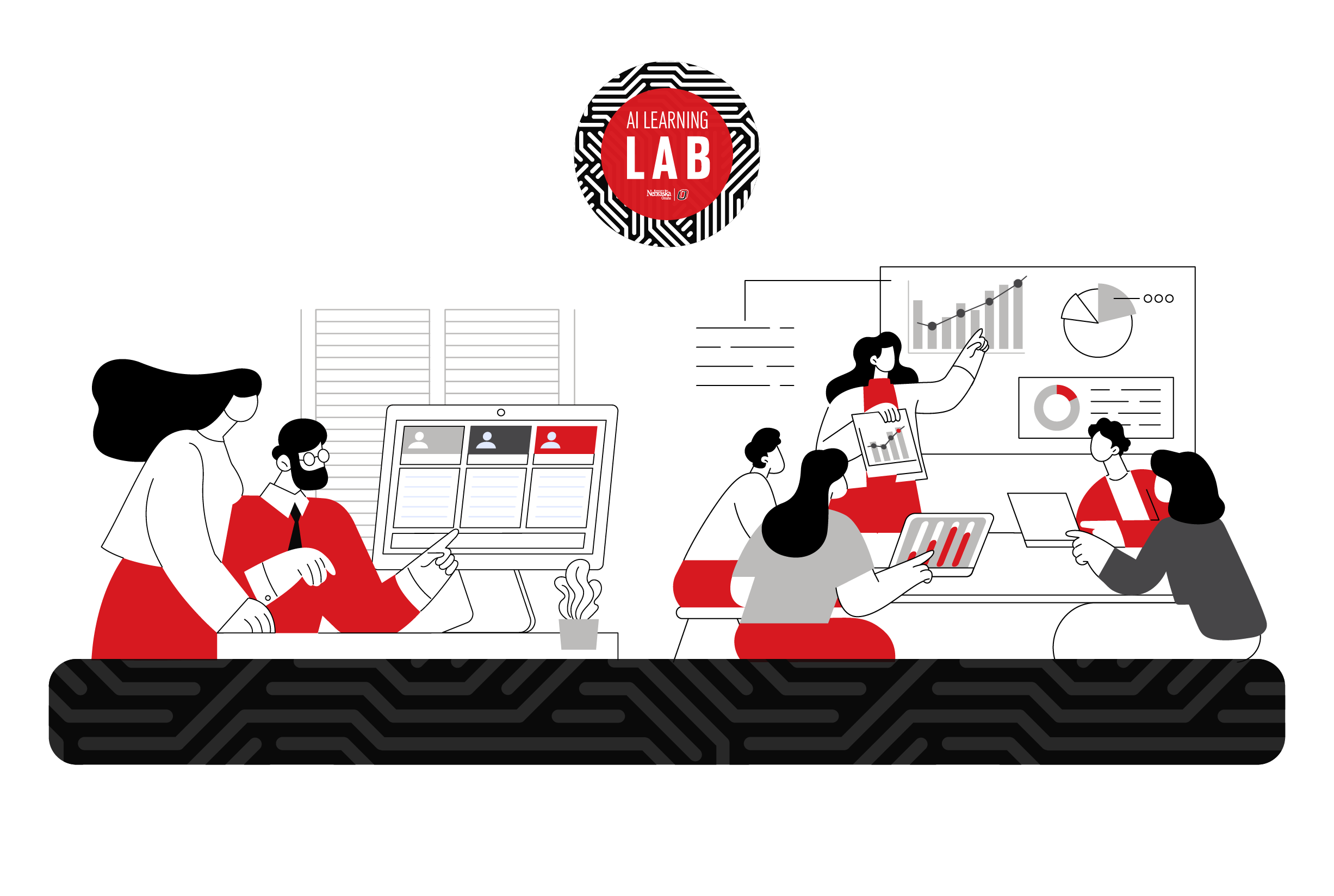How Generative AI is Transforming Education and Work at UNO
- published: 2025/02/21
- contact: UNO Division of Innovative and Learning-Centric Initiatives (ILCI) - UNO Division of Innovative and Learning-Centric Initiatives (ILCI)
- email: innovate@unomaha.edu

The first round of the Open AI Challenge has officially wrapped, marking an exciting step forward for leveraging AI at the University of Nebraska at Omaha (UNO). As part of its ongoing partnership with OpenAI, UNO is facilitating another round of the Open AI Challenge, providing up to 1,000 users with access to the enterprise version of ChatGPT—furthering innovation in integrating AI into classrooms and campus-wide initiatives.
What’s the Open AI Challenge?
In an effort to increase the strategic, creative, and ethical uses of artificial intelligence on campus, the Division for Innovative and Learning-Centric Initiatives (ILCI) has encouraged UNO staff and faculty to submit proposals for how they could use AI in their day-to-day work or in the classroom to do at least one of three things 1) cultivate creativity, 2) enhance engagement, or 3) improve efficiency.
Success & Insights From the First Round
The first round was successful to do all three. UNO faculty and staff used generative AI to enhance learning and productivity in a whole new way. In total, 72 proposals were submitted and approximately 850 ChatGPT licenses were granted: for those with licenses, 81% strongly agreed that it improved their overall academic and work experiences.
For example, some first-round participants chose to use AI as a study tutor for a Spanish course, as a research and writing tool for history papers, and even as an administrative tool to save time across multiple workflows. After surveying users, 88% said that the use of generative AI increased productivity to some level and 90% said that it saved them time each week.
This means that these faculty and staff members got to spend more time in their week working on things that they may not have otherwise had time for– and the majority of participants used AI several times a week or daily.
Looking Ahead: Round Two Has Begun
These numbers barely begin to scratch the surface of the success UNO faculty and staff can have using AI as a tool. The ramifications of creative uses of ChatGPT look like operational efficiency, increased study effectiveness, more focused research, helpful study techniques, and countless other possibilities.
Inspired by the first, the second round of the Open AI Challenge aims to highlight innovative and impactful applications of generative AI at UNO. In the initial round, 92% of participants indicated they would recommend participating in the OpenAI Challenge to others at UNO. Already, 90 individuals have submitted proposals and 987 licenses have been requested. There are limited licenses available, so if you’re interested in obtaining a license, apply on our Open AI Challenge website today.
About the University of Nebraska at Omaha
Located in one of America’s best cities to live, work and learn, the University of Nebraska at Omaha (UNO) is Nebraska’s premier metropolitan university. With more than 15,000 students enrolled in 200-plus programs of study, UNO is recognized nationally for its online education, graduate education, military friendliness and community engagement efforts. Founded in 1908, UNO has served learners of all backgrounds for more than 100 years and is dedicated to another century of excellence both in the classroom and in the community.
Follow us on Facebook, Instagram, and LinkedIn.